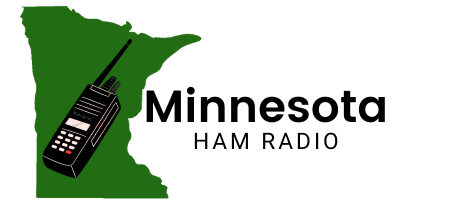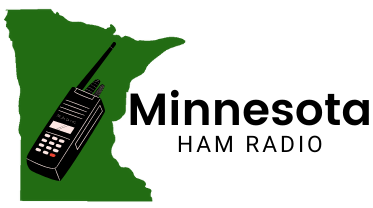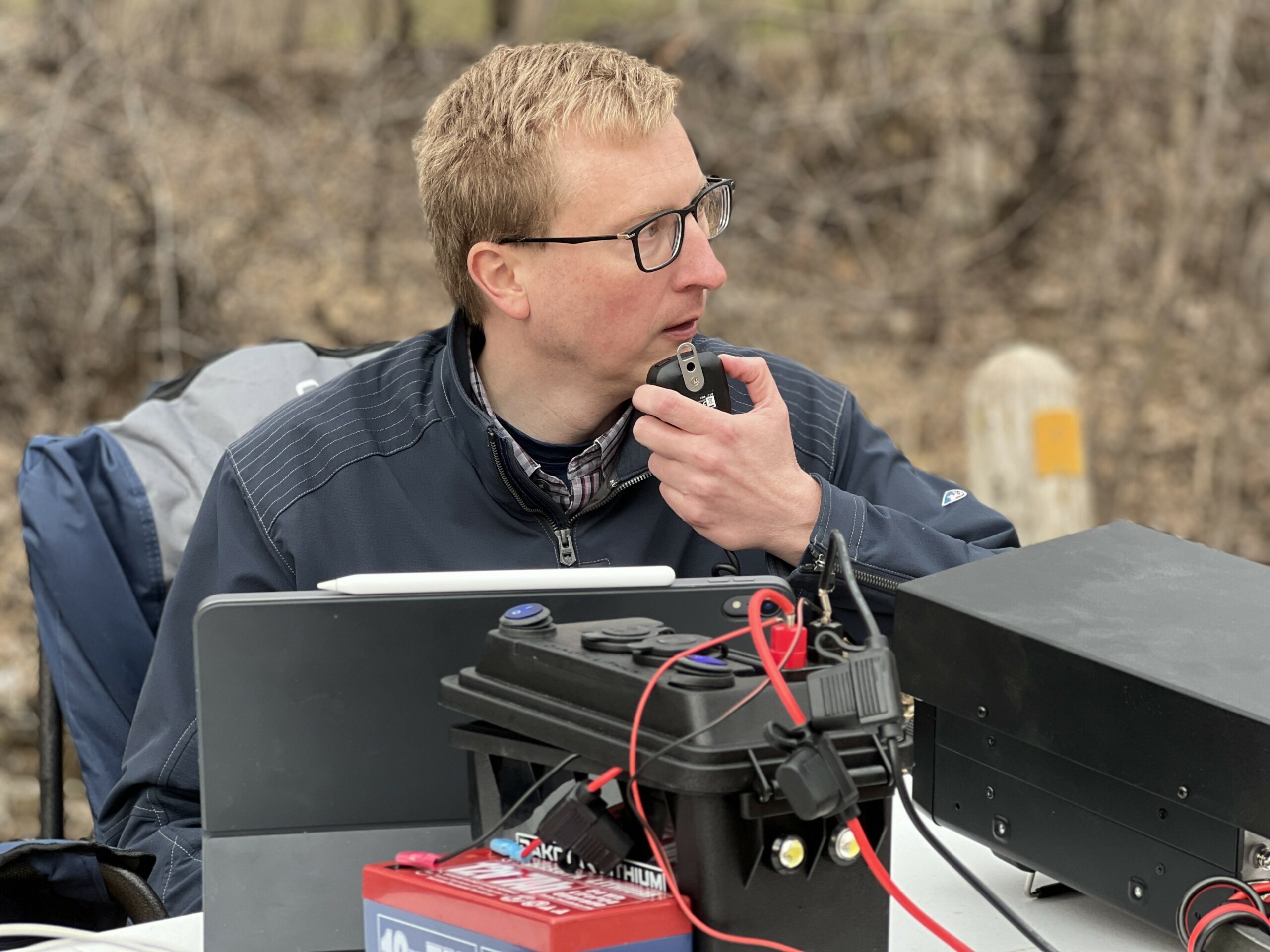
What is Ham Radio?
Ham radio is a hobby for anyone that has a fascination with radio. We have millions of licensed ham radio operators around the world. In the United States alone there are over 750,000 licensed operators. Simply, ham radio is about communication. How do you communicate and exchange information with someone else without the help of the Internet or a telephone? Well…ham radio, of course. Communication can occur across the state, across the world, and even throughout space, utilizing Radio Frequency (RF).
Who are ham radio operators?
Ham radio operators come from a variety of backgrounds and ages. Hams can be five years old all the way up to 100 years old. Nurses, construction workers, IT engineers, school bus drivers, physicians, and more. Ham radio is a diverse hobby full of different professional backgrounds, nationalities, income levels, and perspectives. This is what makes the amateur radio community so great. Many operators self-identify as “tinkerers” who love to understand how electrical devices or RF works.
Why is it called ham radio?
The exact reason why amateur radio is referred to as “ham radio” is a hotly debated topic. Most ham radio historians agree that the term dates back to 1909. Radio operators that had poor skills were called “hams” as a derogatory term by operators in commercial and professional radio communities. Amateur radio operators embraced it and began using it to describe our hobby. The term was not widely used until around 1920 and really grew to other countries around the world from that point.
Do you need a license?
Yes. Ham radio operators are licensed by the Federal Communications Commission. You must pass a test, however, Morse code is not required to pass your exam. There are many books and online study guides that can help you study the concepts and even let you take practice examinations. Most people find with 3-4 weeks of study and practice exams they’re able to pass their Technician class license exam.
What can you do as a ham radio operator?
Ham radio is often called the “hobby of a 1000 hobbies.” The different things you can do that relate to Radio Frequency (RF) is massive. Amateur radio operators can spend their life experimenting with various modes of operation and still not master them.
There are so many different facets to amateur radio and everyone has their own unique interests. That’s what makes ham radio great! These are just some of the things you can do after you become a licensed amateur radio operator.
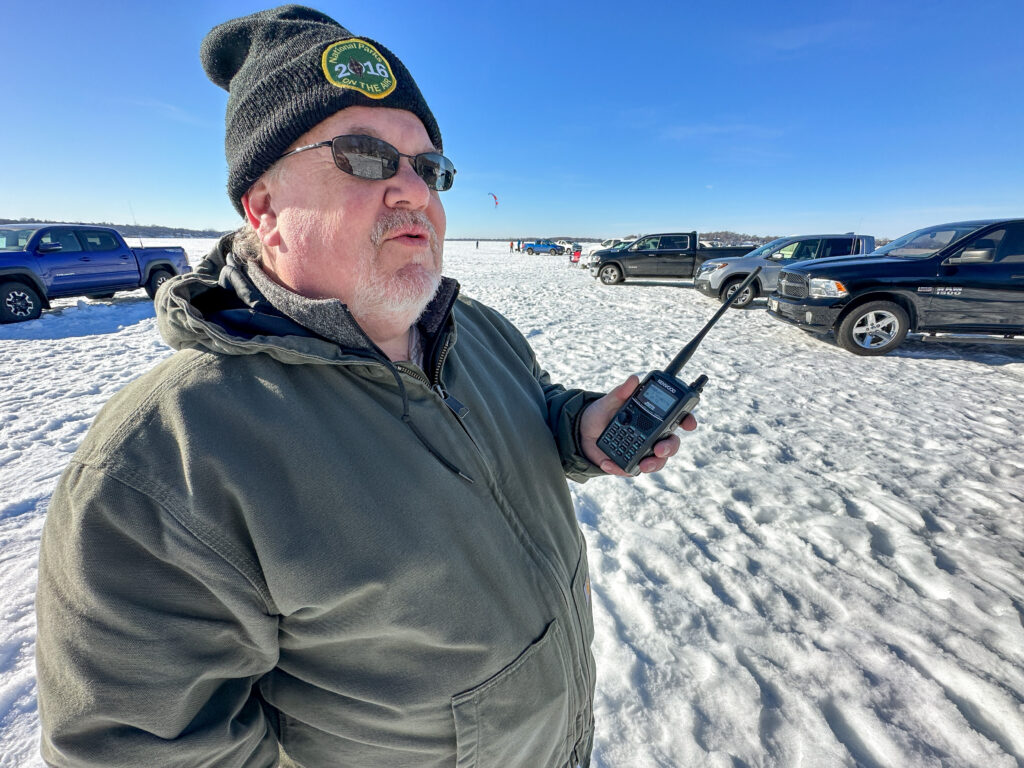
Satellite communications
Amateur radio operators can use amateur satellites that are in space orbiting the earth to make contacts with other operators around the world. You can even talk to International Space Station astronauts!
Fox Hunting
Fox hunting is a popular skill for ham radio operators to have. It’s the art and science of tracking down rogue RF transmitters that may be causing interference.
Radiosport
Radiosport, also called “contesting”, is where operators have to make as many contacts around the world as possible in a specific timeframe. Each contact is awarded ‘points’.
Antenna Building/Experimentation
There is something satisfying about building your own antenna with your bare hands and talking with someone 10,000 miles away. Many operators love to build and experiment with different types of antennas.
Resources to help you start studying
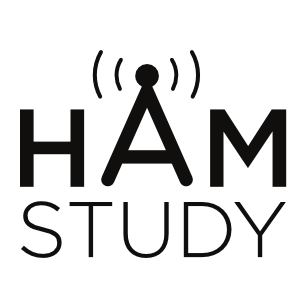
HamStudy
HamStudy offers free ham radio flash cards, practice tests, and question pools to help those interested in ham radio study for their exam.
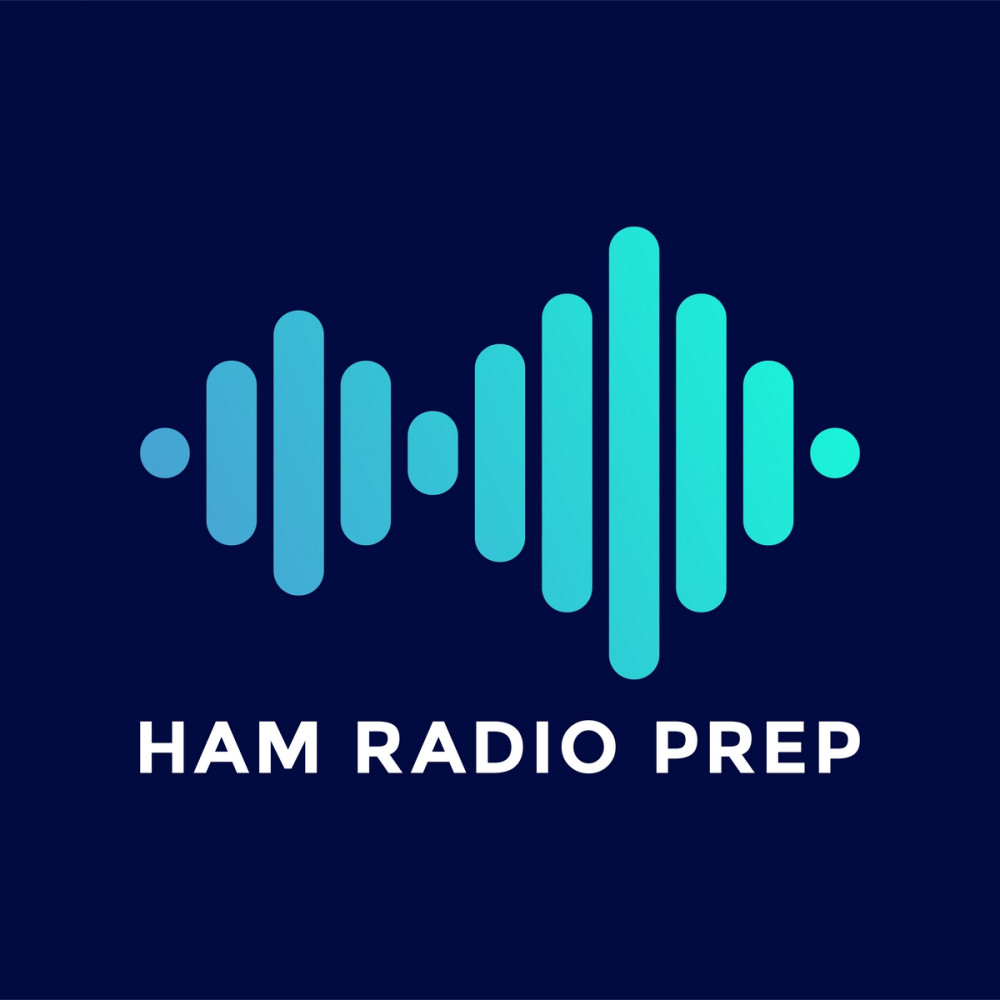
Ham Radio Prep
Ham Radio Prep makes it fast, easy, and fun to get your license in just 10 carefully narrated lessons. Money-back guarantee!
Different levels of Ham Radio Licenses
Technician
The exam is a 35-question test covering basic FCC regulations, operating practices, and electronics theory. There is no Morse code required.
General
The exam is a 35-question test that covers more in-depth topics on electronics and radio theory. The primary attraction to upgrading your Technician class license is you gain significant High Frequency (HF) radio privileges. There is no Morse code required.
Extra
The exam is a 50-question test that covers more obscure FCC regulations and advanced questions on operating practices and radio equipment design. This license grants you an incremental benefit over the General class but does include all available privileges granted by the FCC. There is no Morse code required.
Ready to take your ham radio exam?
Find a Minnesota ham radio testing session near you.
